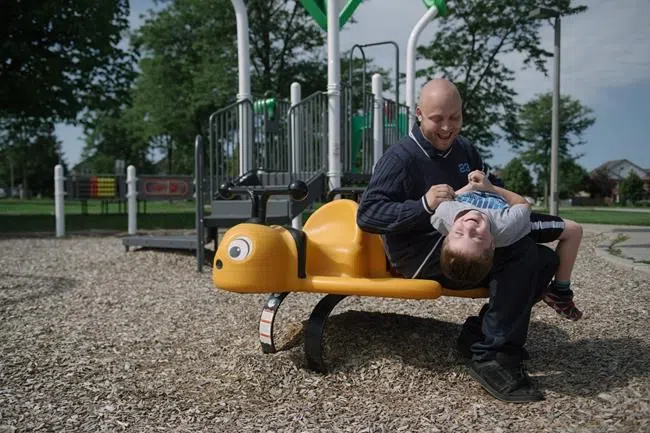
Myriad of health claims suggest cannabis is a panacea for what ails us. But is it?
TORONTO — Google the word “cannabis” coupled with just about any disease — arthritis, epilepsy, even cancer — and there are all sorts of health claims made about what some have come to view as a potential wonder drug.
But fervour over what cannabis might do has run wildly ahead of what scientific studies have proven it can do, experts say.
“I think right now there’s a lot more hype than evidence and there’s a lot more enthusiasm for its widespread application than there are good trials to support such expansive use,” says Dr. Jason Busse, co-director of the Centre for Medicinal Cannabis Research at McMaster University in Hamilton.
“Some of the things that I’ve heard that are a little bit more worrisome are on websites from companies producing these products, making claims for almost anything and everything,” Busse says.
